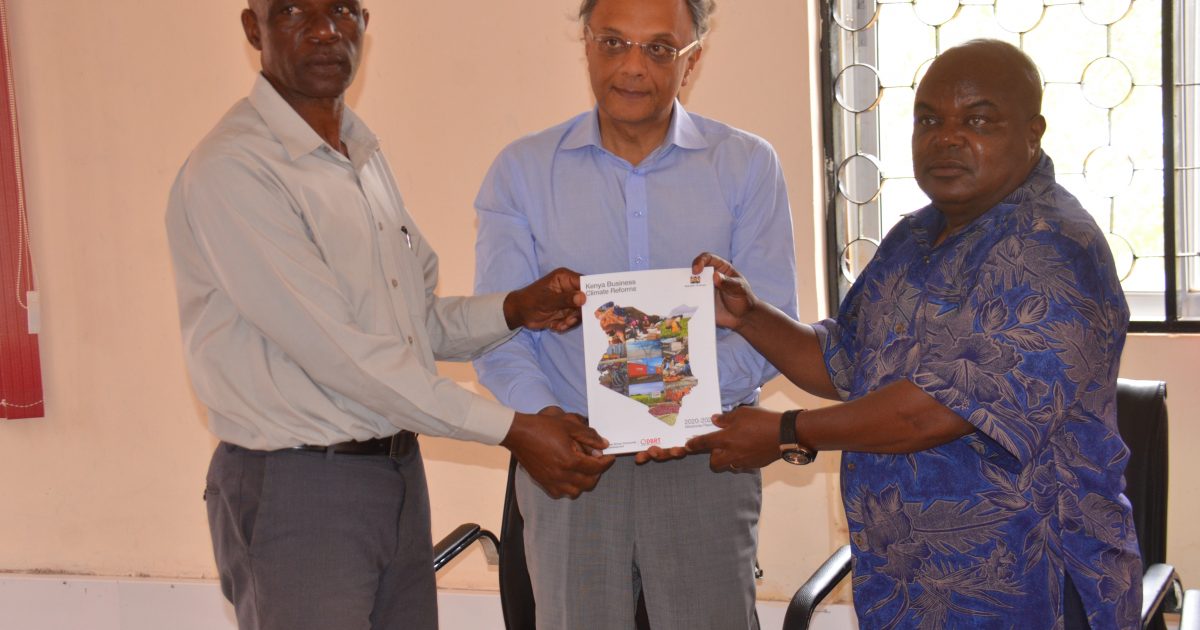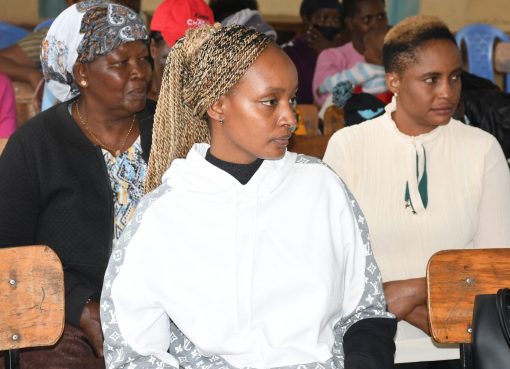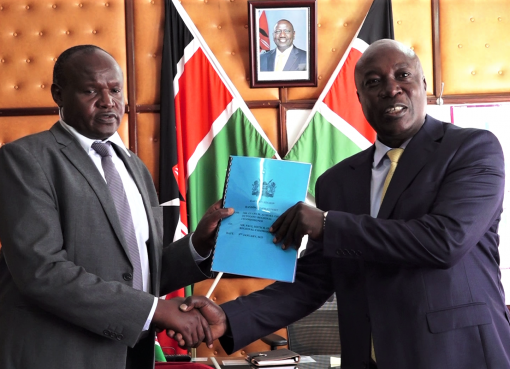The government has launched extensive business reforms across the country in an exercise aimed at creating a conducive investment environment for local and foreign investors in counties to promote industrial growth and manufacturing amongst the devolved units.
Through the Ministry of East African Community and Regional Development (MEAC), the government has identified ten counties for piloting the reforms spearheaded by Directorate of Business Reforms and Transformation (BRT) with an aim of bolstering Kenya’s competitiveness as a choice destination for investors.
Principal Secretary (PS) for East African Community Kevit Desai, said the government was working closely with key stakeholders including experts from Kenya National Chambers of Commerce and Industry (KNCCI) and trade experts to create enabling business ecosystems to spur local investments and expand the existing markets.
The reforms, he added, will touch on various areas of trade including business legislations and licensing, policy frameworks, tax regimes, trade levies and incentives for investors.
“The county’s economic regeneration has not been viewed from a systematic perspective. There is a need to appreciate the dynamic nature of business and this is why engagement with counties will focus on promotion of favourable business and industrial investment environments,” Dr Desai said.
The PS was speaking in Mwatate town during a meeting with officials of KNCCI, Taita-Taveta Chapter and government officials.
Dr Desai stated that the government was keen on tapping fully into the massive business potential presented by the regional integration countries and therefore the need to urgently engage the county governments on specific modalities to promote key investment in trade and manufacturing sectors.
He added that the reforms would not only enhance the ease of doing business for investors and traders in the counties but would also rapidly expand and make accessible the external markets offered by members of EAC.
The PS disclosed that with the Democratic Republic of Congo (DRC), the youngest member of EAC, being open for business, the country’s population of over 300 million people offered a huge market for Kenya’s traders and products.
Once the reforms are adopted, the government hopes to generate 160,000 tons of market cargo by 2025 and 230,000 tons by 2035.
Dr Desai pointed out that through comprehensive business reforms that were undertaken in collaboration with Nairobi County Government, Kenya was ranked top 50 out of 150 countries in terms of attractiveness to investors. This is the kind of success the government is keen to replicate across other counties.
Taita-Taveta is one of the ten counties targeted for the reforms by the government. Others include Mombasa and Kwale. Taita-Taveta’s strategic location, the Taveta-Holili One-Stop-Border-Post (OSBP), the extensive road network and availability of land and minerals made the region attractive for investors.
The PS however noted that though the county was endowed with such potential, enablers such as water connectivity and compliance issues in relation to licenses were yet to be properly factored in.
“Counties need to establish the infrastructure where the business and investments will be built from. Issues of power affordability and availability, water distribution and licenses will be key to enhancing this take off,” he said.
Mr Bill Lay, Director at Kenya Private Sector Alliance (KEPSA) and the Patron of KNCCI-Taita-Taveta Chapter, said that goodwill from the county government was key to enabling growth and investments. Mr Lay stated that a hostile business environment including punitive taxes, extortion from corrupt officials and lengthy approval processes for establishment of business were key factors that repulsed investors.
“The county government must be willing to encourage investors. We have had investors who were interested in setting up multi-million shillings businesses but found the environment too hostile. They left,” he said.
Mr Andrew Mwamburi, the Chair of KNCCI chapter in Taita-Taveta County, blamed sluggish development to the harassment of investors and traders by the county government. He cited the issues of business people who were owed millions of shillings by the county government; years after projects were completed. He added that investors were wary of doing business with the county government due to uncertainty of their returns.
“County Government must be committed to supporting investors. We have people who did business with the county government as early as 2014 and have not yet been paid for their work. Such occurrences repel investors who need assurance that their investments will pay,” he explained.
The PS stated that county governments must create investment-friendly systems that investors find attractive due to the intensified competition from other regions. He termed the ability to attract local and foreign investors as lying at the heart of growth in counties.
He further said such systems would promote Foreign Direct Investments, local manufacturing, enhance value addition, boost technology transfer and upscale growth of industries.
“Counties must be alive to the fact that competitiveness is all over. They must have systems in place that will guarantee a conducive environment for any investor who wants to put up a business in the region,” he said.
Taita-Taveta County Commissioner Loyford Kibaara said the government was keen on strengthening linkages between investors, traders and the county government officials as a way of developing inclusive participation in decision-making.
“We will support initiatives that promote close-working relationships between investors and the county government to allow growth of investments locally,” he said.
Some of the key achievements under the business reforms was the establishment of a small claims court that settled disputes whose value was below one million shillings.
By Victor Obure





